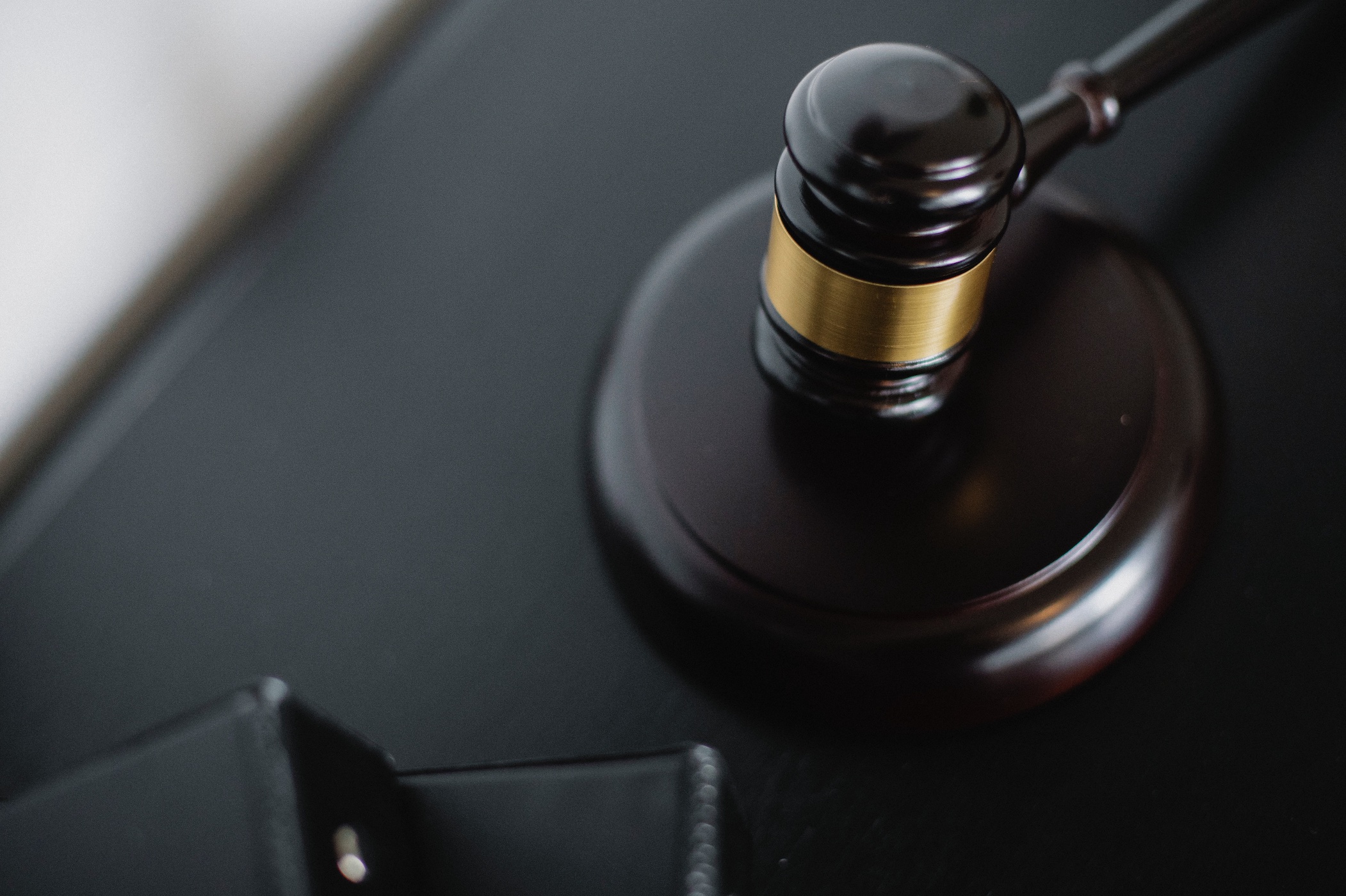Judge Shubb’s order routinely cites Dr. Sanjay Verma’s declaration that “explains in detail how the so-called ‘consensus’ has developed and shifted, often within mere months, throughout the COVID-19 pandemic.”
Sacramento, CA — Senior Judge William Shubb of the U.S. District Court for the Eastern District of California granted a preliminary injunction in Children’s Health Defense’s (CHD) motion, halting Gov. Gavin Newsom, Attorney General Rob Bonta, and California Medical and Osteopathic Boards’ enforcement of California’s COVID-19 misinformation law.
The judge found that the “plaintiffs have established a likelihood of success on the grounds of their Fourteenth Amendment vagueness challenges.”
Rick Jaffe and Robert F. Kennedy, Jr. are lead attorneys on the case representing plaintiffs Physicians for Informed Consent, LeTrinh Hoang, D.O. and CHD-California Chapter members.
Judge Shubb’s order routinely cites Dr. Sanjay Verma’s declaration that “explains in detail how the so-called ‘consensus’ has developed and shifted, often within mere months, throughout the COVID-19 pandemic.”
Judge Shubb’s memorandum and order states, “drawing a line between what is true and what is settled by scientific consensus is difficult, if not impossible.” The judge explains, “because COVID-19 is such a new and evolving area of scientific study, it may be hard to determine which scientific conclusions are ‘false’ at a given point in time.”
“The judge’s ruling confirms an important right to share and receive truthful information involving important medical decisions,” said CHD’s Chairman and Chief Litigation Counsel Robert F. Kennedy, Jr. “Promoting health, particularly children’s health, must come before all other interests.”
Mary Holland, president and general counsel of CHD, applauded the decision. She said, “This is not only a victory for California doctors, but for professionals and citizens around the world in this battle for freedom. The right to share and receive truthful information, no matter how uncomfortable it may be for those currently in power, must remain inviolate.”
The order’s criticism of the new law is most remarkable:
“Because the term ‘scientific consensus’ is so ill-defined, physician plaintiffs are unable to determine if their intended conduct contradicts the scientific consensus, and accordingly ‘what is prohibited by the law.’

“…the inclusion of the term ‘standard of care’ only serves to further confuse the reader. Under the language of AB 2098 [sic], to qualify as ‘misinformation,’ the information must be ‘contradicted by contemporary scientific consensus contrary to the standard of care.’ Cal. Bus. & Prof. Code § 2270. Put simply, this provision is grammatically incoherent. While ‘statutes need not be written with ‘mathematical’ precision, they must be intelligible.’
“Vague statutes are particularly objectionable when they ‘involve sensitive areas of First Amendment freedoms’ because ‘they operate to inhibit the exercise of those freedoms.’”
Judge Shubb rhetorically questioned,
“…who determines whether a consensus exists to begin with? If a consensus does exist, among whom must the consensus exist (for example, practicing physicians, or professional organizations, or medical researchers, or public health officials, or perhaps a combination)? In which geographic area must the consensus exist (California, or the United States, or the world)? What level of agreement constitutes a consensus (perhaps a plurality, or a majority, or a supermajority)? How recently in time must the consensus have been established to be considered ‘contemporary’? And what source or sources should physicians consult to determine what the consensus is at any given time (perhaps peer-reviewed scientific articles, or clinical guidelines from professional organizations, or public health recommendations)? The statute provides no means of understanding to what ‘scientific consensus’ refers.”
Lead attorney Jaffe and CHD legal team members Greg Glaser and Ray Flores are discussing the proposed discovery plan and the anticipated motion for summary (or partial) judgment. Jaffe remarked, “Conducting video depositions will be amazing.”
About Children’s Health Defense:
Children’s Health Defense is a 501(c)(3) non-profit organization. Our mission is to end childhood health epidemics by working aggressively to eliminate harmful exposures, hold those responsible accountable and establish safeguards to prevent future harm. For more information or to donate to CHD, visit ChildrensHealthDefense.org.


Join the conversation!